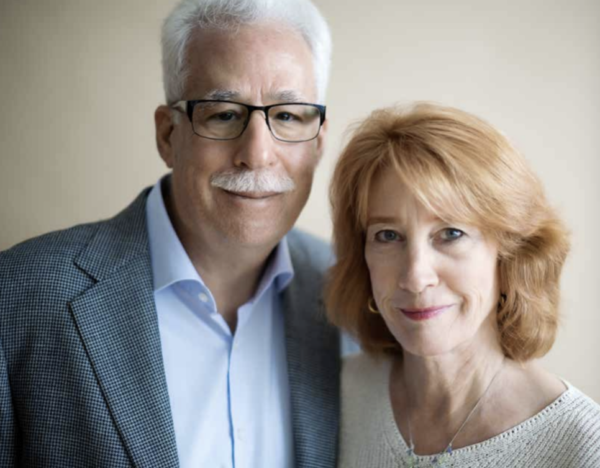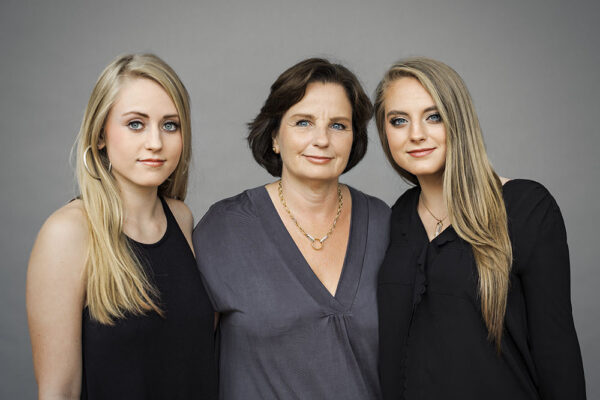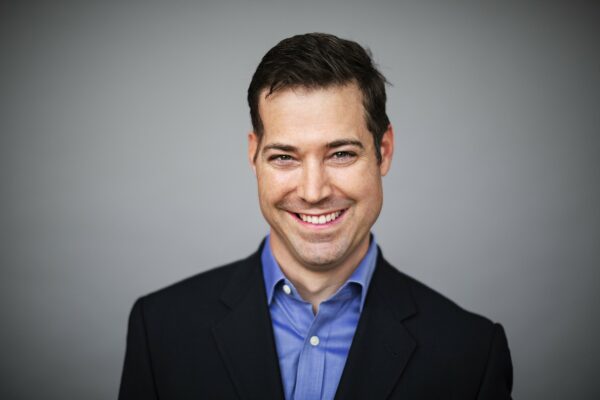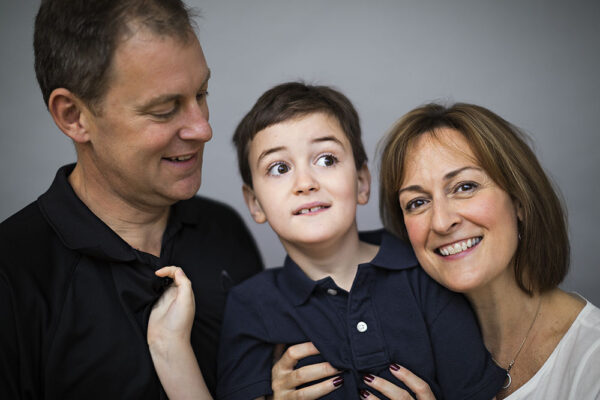
“We decided to support BRF because it supports the best neurological research.”
Soon, he was diagnosed with Creutzfeldt-Jakob disease (CJD). Unfortunately there was, and still is, no cure for CJD. Six weeks after diagnosis, Barbara’s father died.
Gifts of gratitude.
This experience heightened Marc and Barbara’s interest in neuroscience research and propelled them to contact Dr. Raymond Roos, under whose care Barbara’s father had been during his illness. They learned of the work that he and Dr. James Mastrianni were doing at The University of Chicago, and the grants the doctors had received from the BRF. Through periodic gifts to the Foundation, the Posners began supporting their research.
3 family households, 2 generations, 1 goal.
The periodic gifts led to an expanded five-year financial commitment to the Foundation that also included contributions by Marc’s parents, now deceased, and Barbara’s mother, Gloria, and later to a significant legacy gift by Marc and Barbara. This gift embodies their shared experiences and values and serves one goal: realizing the promise of neuroscience research.
Giving to make a lasting difference.
Recently, Barbara and Marc decided to focus their philanthropy with the Foundation and take a long-term approach. Through a substantial estate gift designated to prion research, the Posners will make a bigger impact by increasing their support to expand understanding of not only CJD, but many neurological disorders.
“While my Dad died of CJD (so rare that it strikes one in a million),” Barbara said, “prion research stands to impact Parkinson’s, ALS, Alzheimer’s and other neurodegenerative diseases.”
The same is true for other research that the BRF funds. Any breakthroughs from one study will benefit a far greater number of people.
Contributing to the BRF began as a very personal decision for Barbara and Marc and, they said, still represents a way to honor Barbara’s father. But, as she explained, knowing their gifts will help create a more promising future for generations to come is its own gift.



